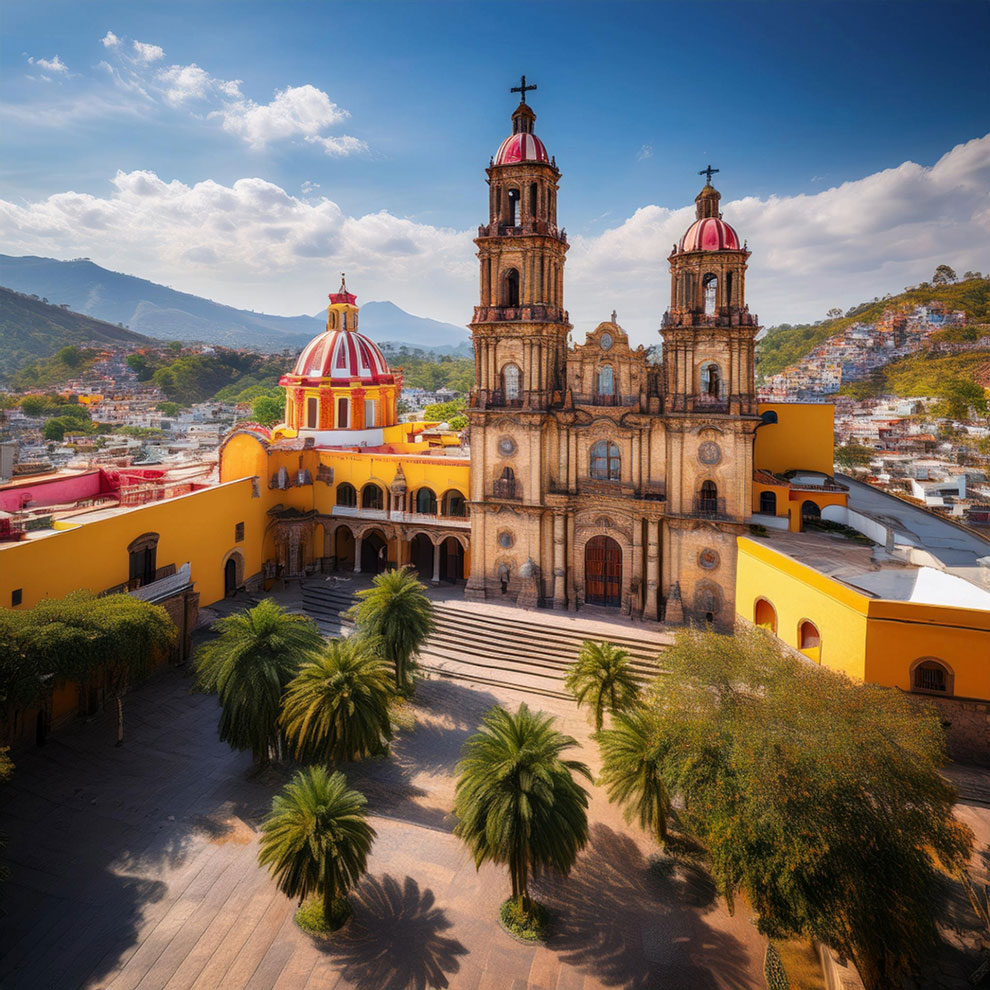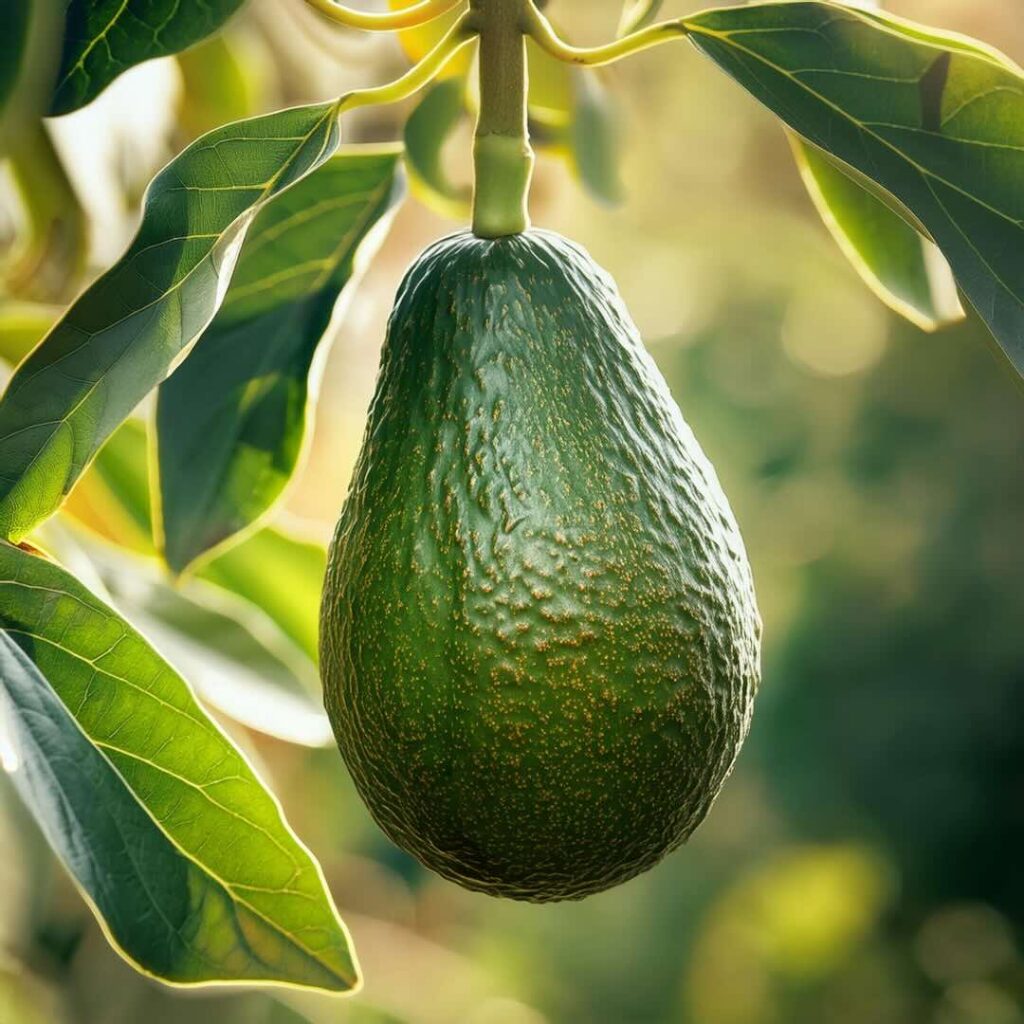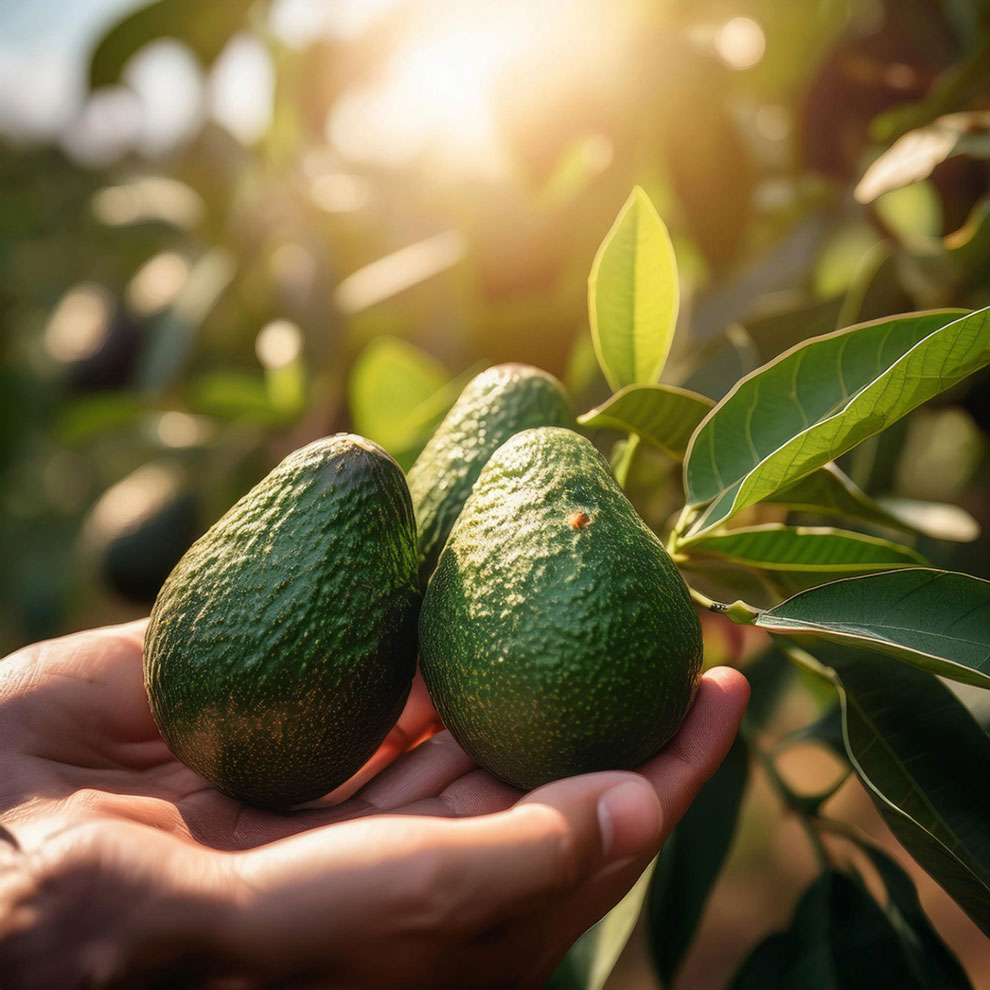Avocados have gained immense popularity globally, praised for their health benefits, rich flavor, and versatility in various cuisines. However, the rapid rise in avocado consumption has raised concerns about the environmental and social impact of its production. Sustainable avocado farming practices are now more critical than ever to ensure that the demand for this superfood can be met without compromising the health of our planet and communities.
In this article, we will explore the various aspects of avocado farming, the environmental challenges associated with it, and the sustainable practices that can help mitigate these issues.
The Environmental Impact of Avocado Farming
1. Water Consumption
One of the most significant environmental concerns surrounding avocado farming is the high water consumption required for avocado trees to thrive. Avocado trees are water-intensive, with one tree needing up to 50 gallons of water per day in some regions. In drought-prone areas, such as certain parts of Mexico and California, this can place enormous strain on local water resources.
Solution: Farmers are adopting more efficient irrigation techniques, such as drip irrigation, which delivers water directly to the plant roots, minimizing water waste. Rainwater harvesting and greywater recycling are also being explored to reduce the dependence on external water sources.
2. Deforestation and Land Use
The demand for avocados has led to deforestation in some regions, particularly in Mexico, which produces around 40% of the world’s avocados. Forests are often cleared to make way for avocado plantations, leading to biodiversity loss, disruption of ecosystems, and increased carbon emissions.
Solution: Sustainable avocado farming practices emphasize the importance of reforestation and agroforestry, which integrates trees with crops to maintain biodiversity. In some regions, government and non-governmental organizations (NGOs) are working with farmers to promote responsible land use and prevent deforestation.
3. Soil Health
Intensive farming practices can degrade soil health over time, leading to erosion, reduced fertility, and loss of essential nutrients. In avocado farming, the use of synthetic fertilizers and pesticides can further harm the soil and surrounding ecosystems.
Solution: Organic farming methods, crop rotation, and the use of natural fertilizers, such as compost and manure, are sustainable practices that help maintain soil health. Additionally, cover crops can be planted between avocado trees to prevent soil erosion and improve soil structure.
4. Pesticide Use and Pollution
Conventional avocado farming often relies on pesticides to control pests and diseases. However, excessive pesticide use can contaminate water sources, harm wildlife, and pose health risks to farmworkers.
Solution: Integrated Pest Management (IPM) is a sustainable approach that minimizes the need for chemical pesticides. IPM strategies include biological control (using natural predators to manage pests), crop rotation, and planting pest-resistant avocado varieties.
Sustainable Practices in Avocado Farming
1. Organic Farming
Organic avocado farming avoids the use of synthetic pesticides and fertilizers, relying instead on natural methods to maintain soil health and control pests. Organic farms often use compost, cover crops, and beneficial insects to create a healthy and balanced ecosystem. While organic farming can be more labor-intensive, it reduces the environmental impact of avocado production and is often healthier for consumers and farmworkers alike.
2. Regenerative Agriculture
Regenerative agriculture goes beyond sustainable farming by aiming to restore and enhance ecosystems. In avocado farming, regenerative practices include promoting biodiversity, improving soil health, and sequestering carbon in the soil. This approach can help reverse environmental degradation caused by conventional farming and make avocado production more resilient to climate change.
3. Fair Trade Certification
In addition to environmental concerns, social sustainability is a key aspect of avocado farming. Fair trade certification ensures that avocado farmers receive fair wages and work under safe conditions. It also promotes sustainable farming practices and community development. By supporting fair trade avocado brands, consumers can contribute to a more equitable and sustainable food system.
4. Water-Saving Technologies
Water conservation is a top priority for sustainable avocado farming, particularly in regions facing water scarcity. Technologies such as drip irrigation, soil moisture sensors, and rainwater harvesting systems are being implemented to reduce water usage. Some farms are even experimenting with drought-tolerant avocado varieties to ensure that avocado farming can continue in a changing climate.
The Role of Consumers in Supporting Sustainable Avocado Farming
Consumers play a crucial role in driving demand for sustainably grown avocados. By choosing avocados that are certified organic, fair trade, or grown using sustainable practices, consumers can support farmers who are committed to reducing their environmental impact.
Here are some ways consumers can help promote sustainable avocado farming:
- Buy Organic and Fair Trade Avocados: Look for certifications such as USDA Organic, Fair Trade, or Rainforest Alliance when purchasing avocados. These labels indicate that the avocados were grown using sustainable farming practices and that farmers were treated fairly.
- Support Local Farmers: Purchasing avocados from local farmers or farmers’ markets can reduce the carbon footprint associated with transportation. It also supports small-scale farmers who may use more sustainable practices than large industrial farms.
- Reduce Food Waste: Avocado farming is resource-intensive, so reducing food waste is another way to minimize the environmental impact. Store avocados properly to extend their shelf life and use creative recipes to avoid waste when they become overripe.
Success Stories in Sustainable Avocado Farming
1. Michoacán, Mexico: A Hub for Sustainable Avocado Production
Michoacán, the largest avocado-producing state in Mexico, has made significant strides in sustainable avocado farming. Local farmers and cooperatives are adopting environmentally friendly practices, such as reforestation projects, organic farming, and water conservation efforts. Michoacán’s success demonstrates how large-scale avocado production can be sustainable when farmers, governments, and organizations collaborate.

2. California Avocado Commission: Promoting Sustainable Farming
In California, the California Avocado Commission (CAC) has been a leader in promoting sustainable avocado farming practices. The CAC provides resources and education to farmers on water conservation, integrated pest management, and soil health. Many California avocado farmers are now using drip irrigation systems and adopting regenerative agriculture techniques to reduce their environmental impact.
3. Fair Trade Avocados from Peru
Peru has emerged as a major player in the global avocado market, and many Peruvian avocado farms are fair trade certified. Fair trade practices in Peru ensure that farmers receive fair wages and work in safe conditions while promoting sustainable farming methods. By supporting fair trade avocados from Peru, consumers can contribute to positive social and environmental outcomes.
The Future of Sustainable Avocado Farming
As the global demand for avocados continues to rise, the future of avocado farming will depend on widespread adoption of sustainable practices. Climate change, water scarcity, and deforestation remain significant challenges, but innovations in farming techniques and technology offer hope for a more sustainable future.
Key trends that are likely to shape the future of avocado farming include:
- Drought-Resistant Varieties: Breeding and cultivating avocado varieties that require less water will be critical in areas facing water shortages. Research is ongoing to develop drought-resistant avocado varieties that can thrive in arid climates.
- Precision Agriculture: Precision agriculture uses technology such as drones, sensors, and satellite imagery to monitor crops and optimize farming practices. This technology can help avocado farmers reduce water usage, minimize pesticide applications, and improve overall efficiency.
- Agroforestry: Agroforestry, the practice of integrating trees with crops, is gaining traction in avocado farming. Planting trees alongside avocado crops can improve biodiversity, sequester carbon, and enhance soil health.
Conclusion
Sustainable avocado farming is essential to protect the environment, support local communities, and ensure the long-term viability of avocado production. By adopting sustainable practices such as organic farming, water conservation, and fair trade certification, farmers can minimize the environmental and social impact of avocado farming.
As consumers, we have the power to support these efforts by making informed choices and advocating for sustainability in the food industry. Together, we can ensure that the beloved avocado remains a nutritious and eco-friendly food for generations to come.

References
- Dreher, M. L., & Davenport, A. J. (2013). “Hass Avocado Composition and Potential Health Effects.” Critical Reviews in Food Science and Nutrition.
- Fulgoni, V. L., et al. (2010). “Avocado Consumption and Better Diet Quality.” Nutrition Journal.
- Wang, Y., et al. (2015). “Avocado Oil: Characteristics and Potential Health Benefits.” Journal of Agricultural and Food Chemistry.
- Avocados From Mexico. (2021). “Sustainability in Avocado Farming.”



